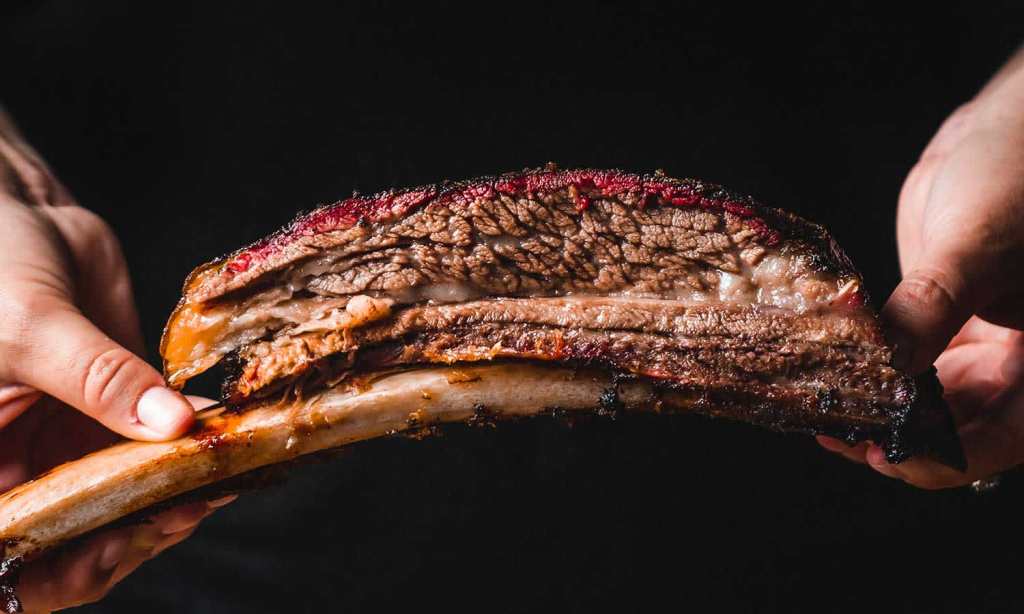There’s a reason why gentlemen’s clubs almost always have a steakhouse on the premises. According to a new study, meat-eating and masculinity remain inextricably linked in the male psyche.
Looking at the survey data, almost half the respondents who took part saw eating meat as a “masculine undertaking” — not something feminine, or even gender-neutral, according to the findings.
No Meat May, the non-for-profit behind the study, also found that the more meat a diet contained, the more masculine it was perceived to be — by both men, and women.
But what was perhaps most shocking, as pronounced by the co-founder of No Meat May, Ryan Alexander — was the fact that 73% of male respondents said they’d rather reduce their life expectancy than give up eating meat. And we’re not talking about shaving off a month or two — we’re talking about up to a decade here.
Not only were they willing to sacrifice time, but men who took part in the study were also willing to sacrifice the environment. Well, not the entire environment, obviously. But, even though 81% of men surveyed consider themselves someone who cares about the environment, 79% said they wouldn’t give up meat even if it meant a reduced impact on the environment.
That’s only 2% who are willing to give up meat for a better environment.
“Significant research over many years has shown that eating meat and other animal products increases the risk of developing certain cancers, heart disease, obesity and having a reduced life expectancy, not to mention being one of the biggest contributors to global warming and the destruction of our environment,” the researchers said in a release.
Talking to Men’s Health, Alexander said their survey alarmingly shows that “Australian men are either not aware of any of these facts, don’t believe them, or simply don’t care.”
This comes after news that Epicurious, an online publishing giant in the world of cooking (they’re part of Condé Nast), announced that they’d no longer be publishing new beef recipes on their site, in an effort to encourage more sustainable cooking.
As the editors of the site said, in an open letter, “Almost 15% of greenhouse gas emissions globally come from livestock (and everything involved in raising it); 61% of those emissions can be traced back to beef.”
Read more stories from The Latch and subscribe to our email newsletter.







